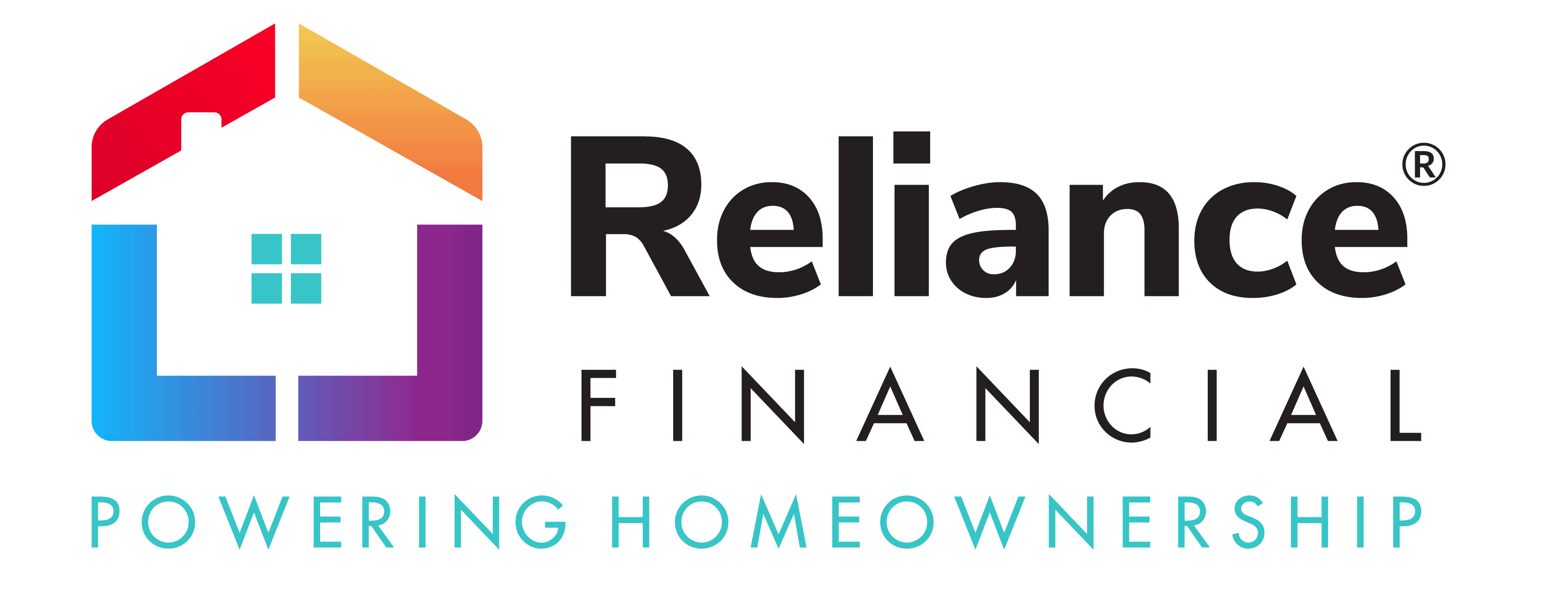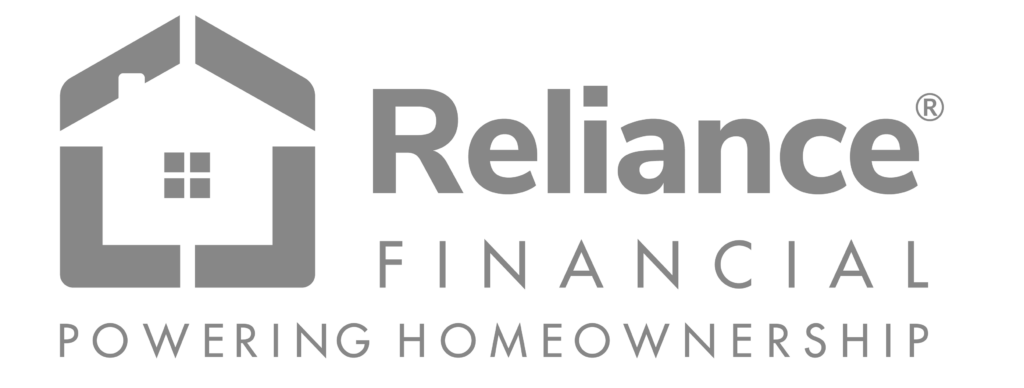How to Get First Time Home Buyers Loan & Grant – Buying your first home is an exciting adventure for anyone, but it can sometimes be a financially challenging process. You might have many questions when you begin the home-buying process: How is the application process for availing a home buyer loan or grant? How do first-time home buyers get loans and grants? Worry not as we will be your guiding companions in this article, helping you sort out the procedures and conditions required to access customized loans and incentives for potential homeowners. This visit will give you all of the information you will need to secure your dream home.
For the average home buyer, saving for a down payment typically takes 5 to 10 years. During this time, home values often see steady increases, making the prospect of homeownership even more appealing. Now, there’s no need to delay your dream of owning a home any further.
Reliance Financial is excited to introduce a groundbreaking initiative specially tailored for first-time home buyers. This initiative aims to expedite your transition from renting to owning, eliminating the need for the traditional 20% upfront payment. With Reliance Financial’s support, you can realize your homeownership dream without a prolonged waiting period. Your path to homeownership just got shorter and much more attainable.
What is a First-Time Home Buyer Program?
First-time home buyers can benefit greatly from loans and grants. These loans and grants typically offer affordable interest rates, especially to consumers with good credit. The assurance of a fixed-rate loan can give new homeowners peace of mind by providing consistent monthly mortgage payments that protect them from market fluctuations, allowing them to budget their finances with confidence. First-time home buyer loan programs may offer forgiven loans for the down payment and closing cost assistance after a specific period of consistent repayment. Here are six loans and programs for first-time home buyers worth considering.
- FHA loans are mortgages that require only a 3.5% down payment.
- VA loans require no down payment and are available to individuals with military connections.
- USDA loans provide funding for rural properties at no cost.
- Conventional loans with downgrades of at least 3% are backed by Fannie Mae and Freddie Mac.
- State programs for first-time home buyers provide assistance programs specific to the borrower’s area.
- Home Renovation Loan enables you to buy and renovate a home with a single loan.
Steps to Get the Most Out of Your First-Time Home Buyer Loan & Grant
-
Loans and Grants for first-time home buyers
As we embark on this exciting adventure, let us look into the gist of loans and grants specially designed for first-home buyers:
Loans for first-time home buyers: Think of these as custom mortgage solutions specially developed to help first-time home buyers. There are benefits like lower down payment, lower interest rates, and more adjustability in terms of credit requirements within this system.
Grants for First-time Home Buyers: Think of these as programs from government agencies, non-profit organizations, or local governments designed to help first-time home buyers. These organizations serve as a financial boon, supporting first-time buyers with down payments and other financial components of home ownership.
-
Assessment of your eligibility
Before embarking on the journey of availing loans and grants, it is important to verify your alignment with the eligibility criteria. This important metric recognizes the potential for these criteria to vary based on your geographic location. As a result, before starting the application process, it is prudent to research the specific legislative norms governing your area. Specific eligibility criteria include:
- First-time buyer status – To qualify as a first-time buyer, you must not have owned a home in the last 3 years.
- Income Limits – Within many programs, there are income limits to ensure that assistance is given only to those who truly need it.
- Credit Score – A high credit score increases your chances of getting the loan approved on favorable terms.
- Property requirements – To be eligible for assistance, the property you are buying may need to meet certain standards.
-
Check Available Programs
Look into loan and grant programs designed to buy a home once you’ve determined your eligibility. Government institutions ranging from the federal to the local level, as well as non-profit groups, may give offers of support. Explore the benefits, prerequisites, and application tours of several programs to find the one that best matches your individual circumstances.
-
Financial Planning
Before applying for a loan or grant, take the following financial preparation steps:
- Check Your Credit Report – View mistakes in your credit report and, if necessary, take steps to improve your credit score.
- Save up for the down payment and closing costs – While grants can assist with covering down payments and closing costs, setting aside some savings demonstrates your commitment, which can significantly enhance your appeal to lenders.
- Collect Document – Be prepared to produce income documents, tax records, and other papers as requested by lenders and grant programs.
-
Applying for First-Time Home Buyer Grants
The loan application process involves several steps:
- Pre-approved – Get pre-approved for a mortgage to find out how much you can afford and to show sellers that you’re serious.
- Gather Documents – Provide your lender with relevant evidence, such as income verification, employment history, and credit information.
- Choose your loan type – Choose the loan type that best suits your needs, such as a fixed-rate, adjustable-rate, FHA, or VA loan.
- Submit your application – Fill out the loan application completely, including correct information about yourself, your property, and your financial status.
-
Applying for a grant for first-time home buyers
Typically, the grant application process includes:
- Investigate – Look for grants in your area and research their eligibility restrictions and application deadlines.
- Complete Application – Complete the grant application and provide all required supporting documents.
- Submit Application – Submit your application by the last date, and retain copies of all documents for your records.
-
Patience and Perseverance
Patience is essential to both the loan approval and grant application processes. It is possible that you may face delays or demand for additional information. Get in touch with your lender and grant program administrators to confirm that your application is being processed.
-
Professional Advice
To learn more, engage in conversation with a Real Estate Leander, Mortgage Broker, or Financial Guide. These experts hold the key to vital process knowledge, help you sort through the intricacies of paperwork, and act as advisors to make well-informed decisions.
Conclusion
Transitioning from renting to buying your first home is an important milestone. Reliance Financial understands the complexities of this process and offers a wide range of loans and grants to first-time home buyers to help you at every step. Your path to homeownership is paved with help and experience when you work with Reliance Financial.
Their loan and grant programs offer affordable interest rates, flexible payment terms, and the ability to tailor payback plans to suit individual financial cases. To apply for a loan or grant from Reliance Financial, borrowers need to complete an online application. First-time home buyers can effectively get their first home with the help of Reliance Financial. Reach out to us today to learn how we can help you achieve your dream home.







